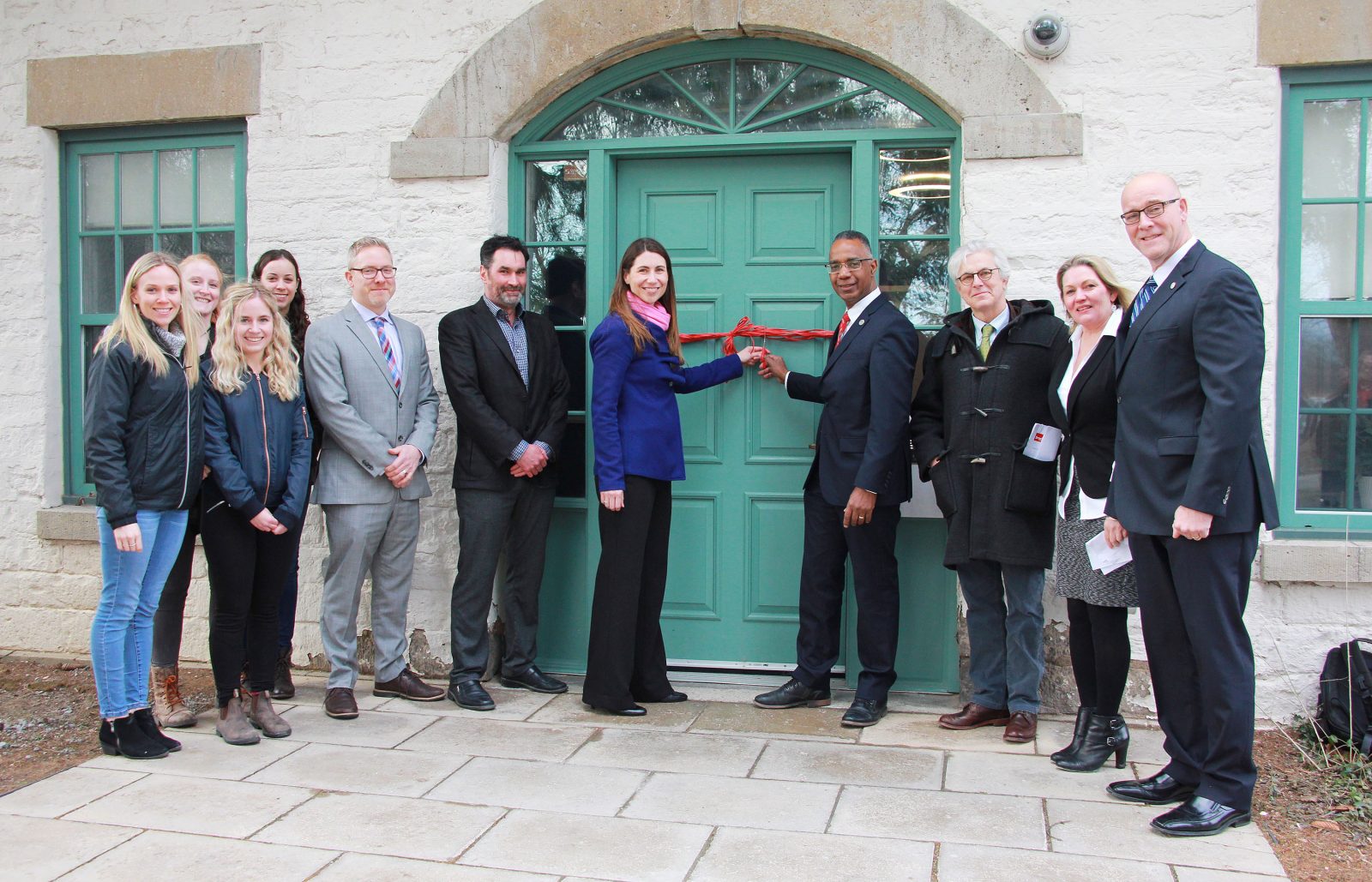Blog Contributor: Kaitlin James

Did you know that Brock is located in the Niagara Escarpment UNESCO Biosphere Reserve?
UNESCO Biosphere Reserves are ecosystems worldwide that have been recognized by UNESCO (the United Nations Educational, Scientific, and Cultural Organization) as important, and are communities committed to conservation, education, and sustainable development among other things (Georgian Bay Biosphere Reserve, n.d). Brock University falls within the Niagara Escarpment Biosphere reserve which stretches over 725 km, one of the 18 found within Canada (UNESCO, 2015).
Within the beautiful Niagara escarpment that surrounds Brock, is the Bruce Trail, which is the longest and oldest hiking trail in Canada. There are so many different trails, short and long, that surround main campus. Perfect for a break between classes or lunch!
I personally walk the trail that connects to the bottom of Lockhart Drive, right by the Brock University Research and Innovation Centre, which brings you right outside of Market! Just a quick 10-minute hike up the hill to class. What a great way to see some wildlife and get some fresh air!
There are many access points to the Bruce Trail from the top of the escarpment! To find out more about the Bruce Trail, and the many access points found across campus, click the link below!
References:
Georgian Bay Biosphere Reserve. (n.d) UNESCO Biospheres. Retrieved from https://www.gbbr.ca/about-us/unesco-biospheres/
UNESCO. (2015). Niagara Escarpment. Retrieved from http://www.unesco.org/new/en/natural-sciences/environment/ecological-sciences/biosphere-reserves/europe-north-america/canada/niagara-escarpment/
















